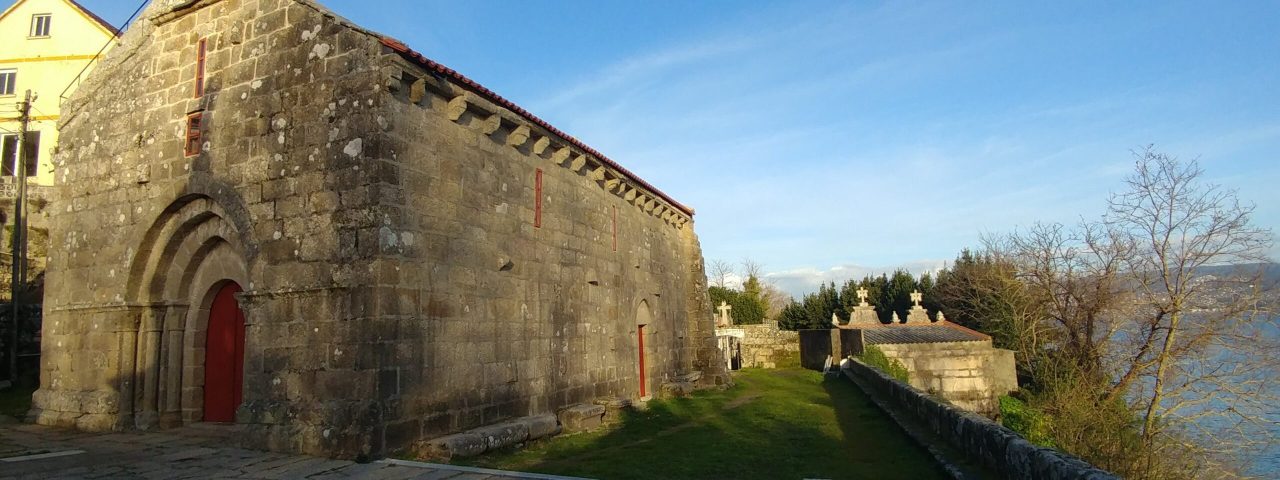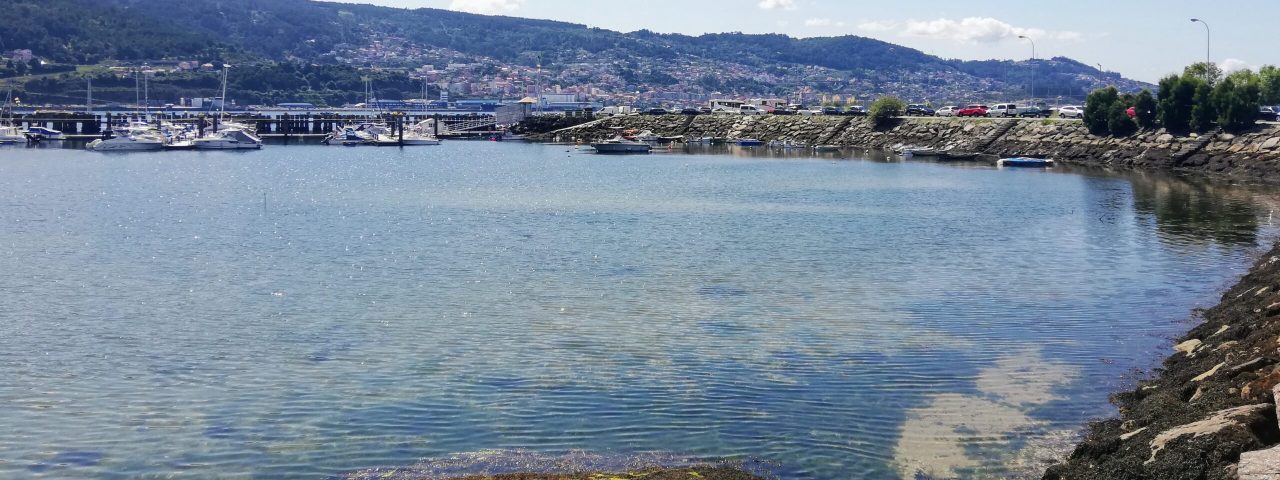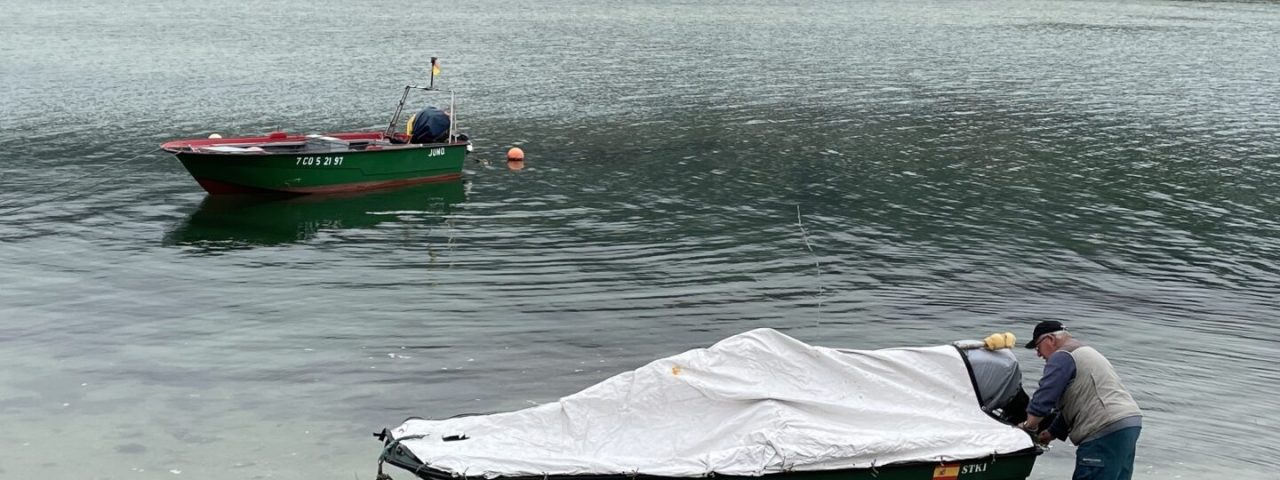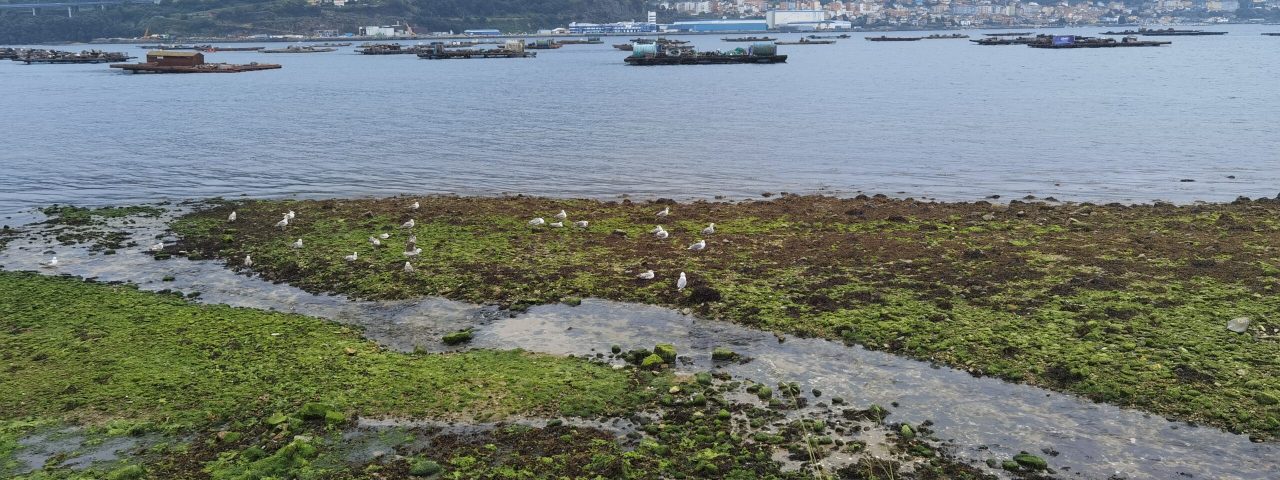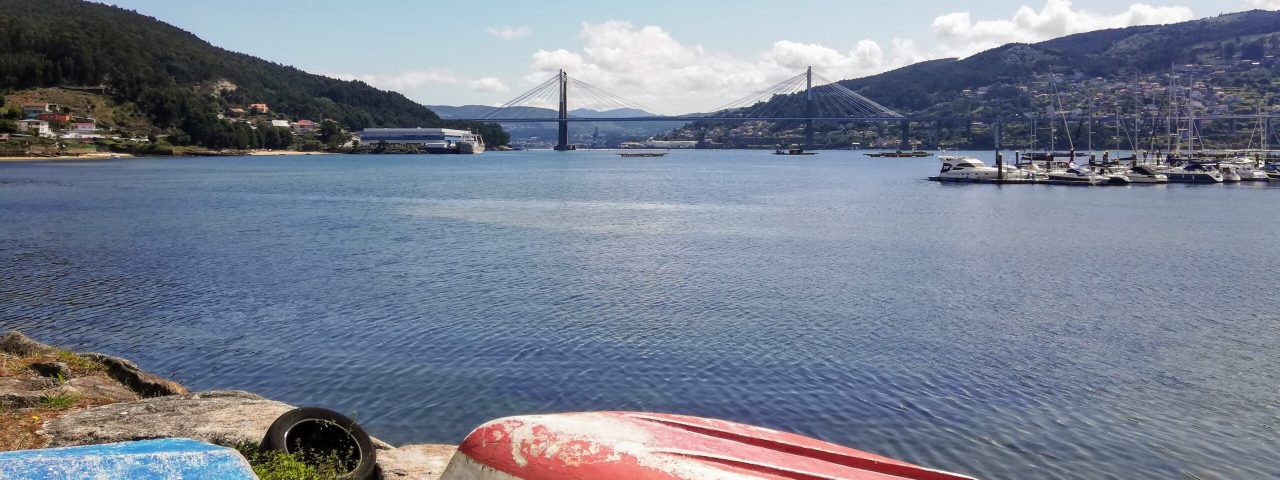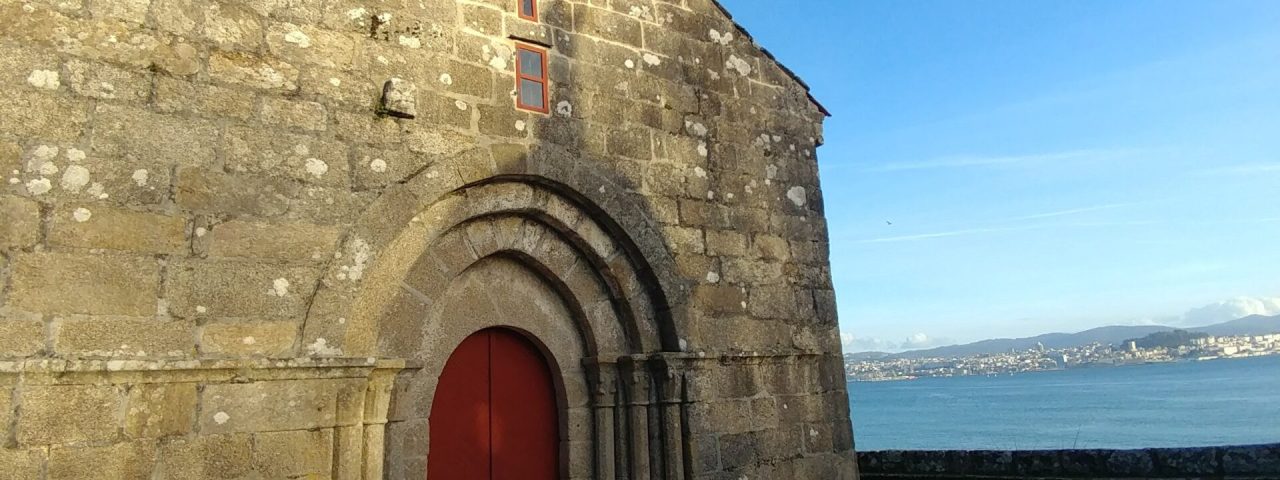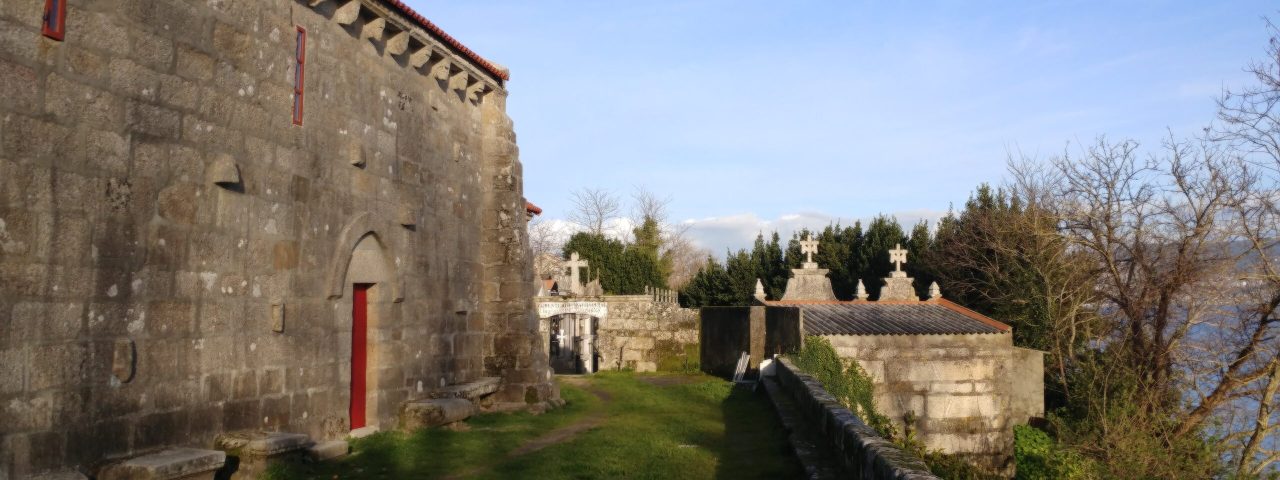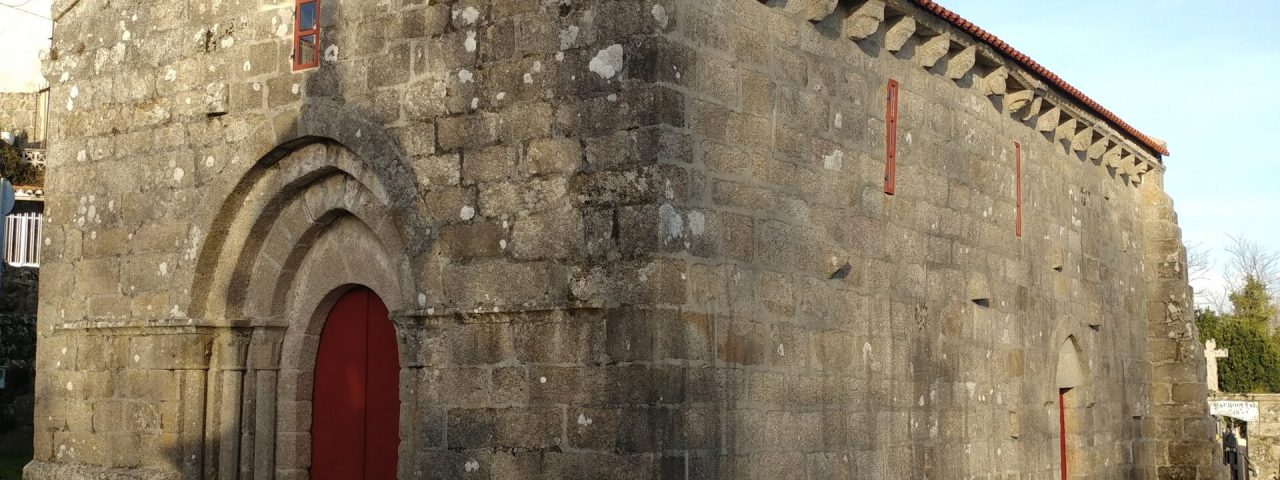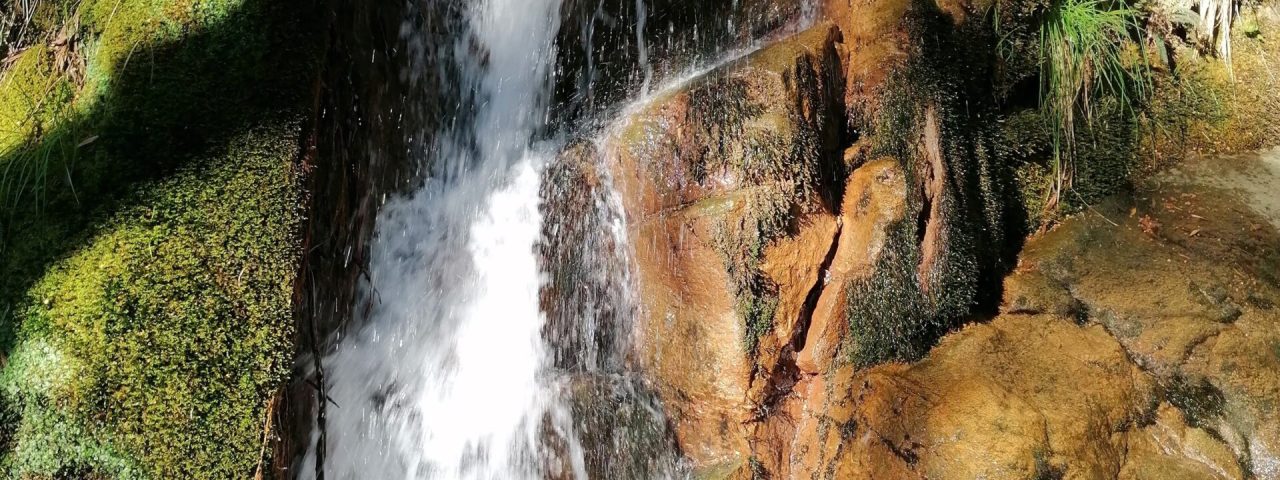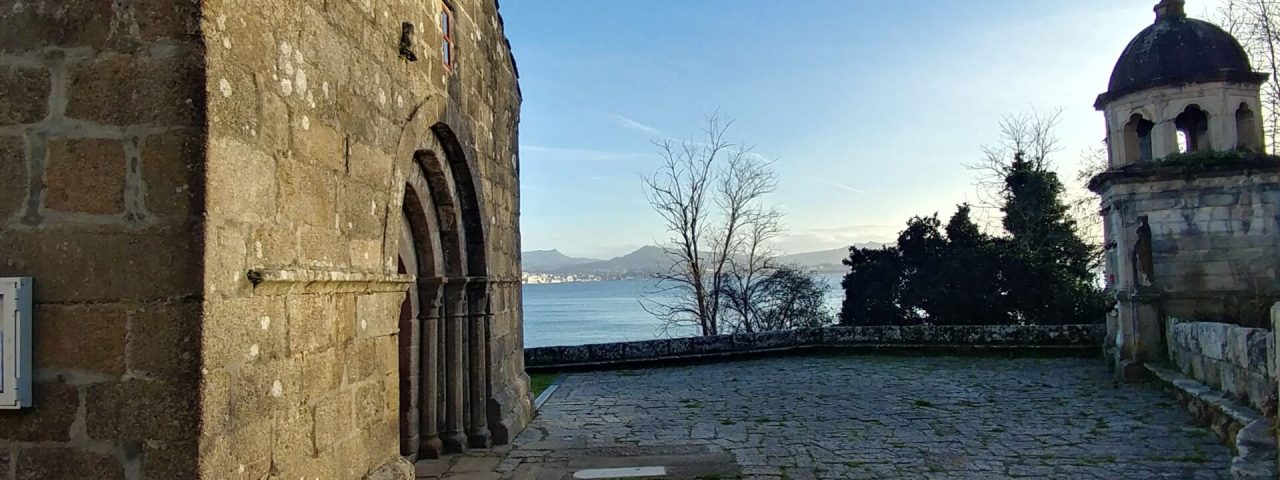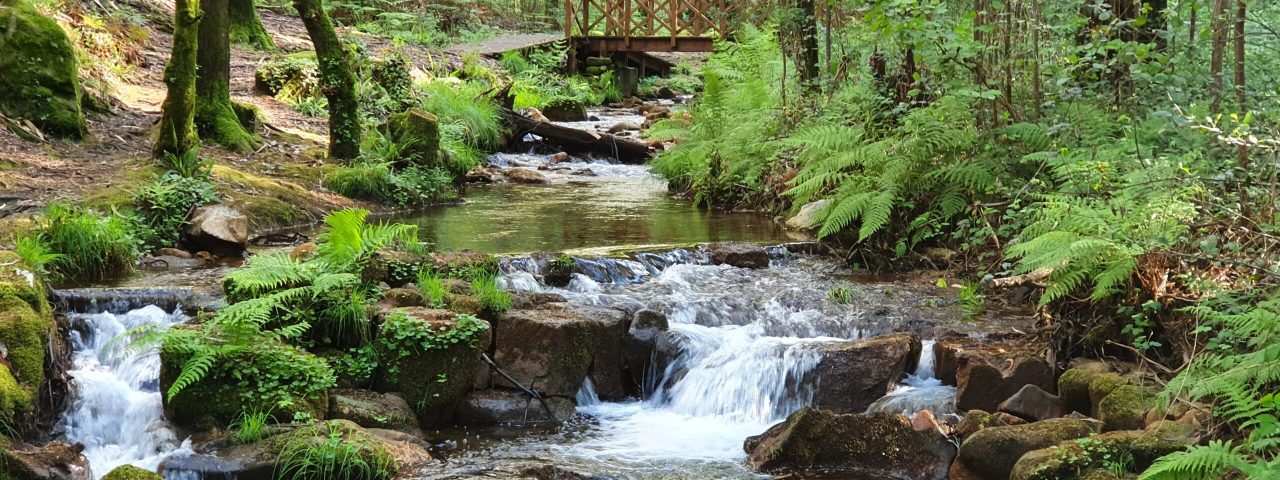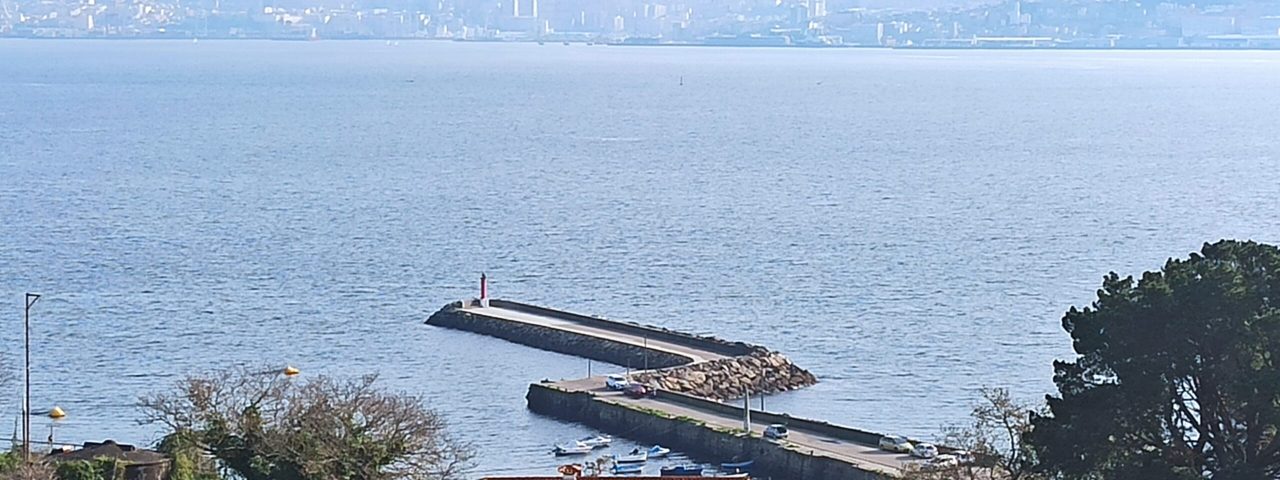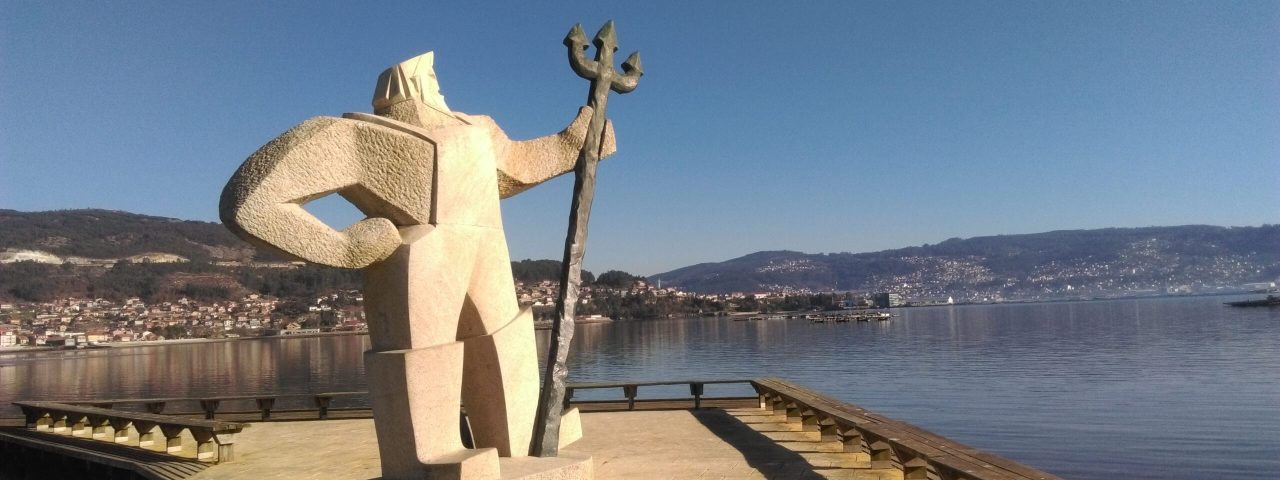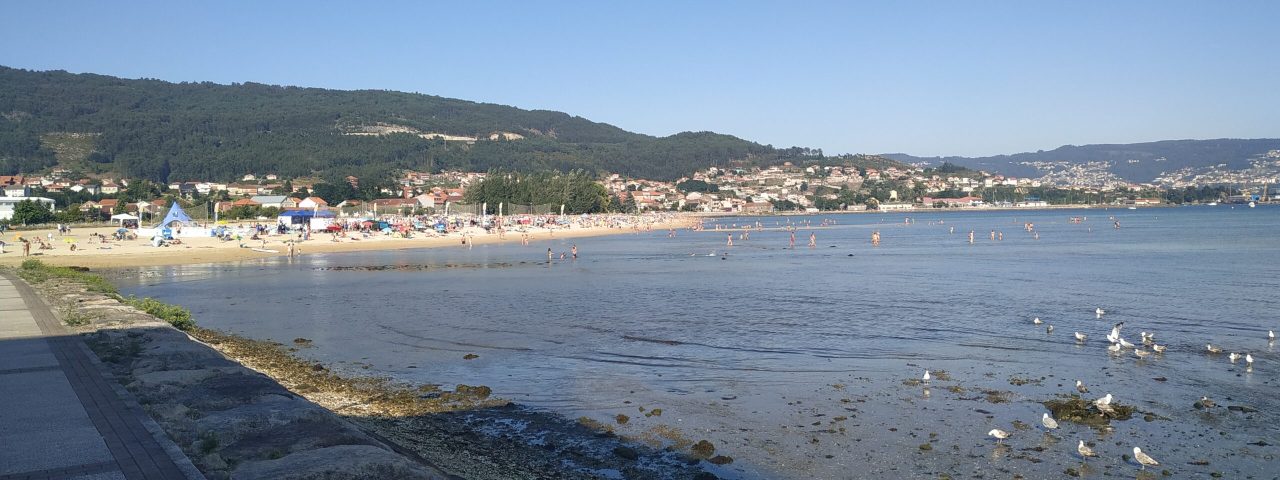Moaña’s history stretches back to ancient times, with evidence of prehistoric settlements found in the nearby hills, such as the numerous petroglyphs that dot the region. The city has been shaped by Roman and later Christian influences, as seen in its ancient churches and archaeological sites. Like much of Galicia, Moaña experienced a blend of cultures over the centuries, with traces of Romanesque and medieval architecture still visible in its historical landmarks.
Moaña is deeply rooted in Galician culture, and its festivals and traditions reflect this heritage. One of the most prominent events is the Romería de San Martiño, a religious pilgrimage in honor of the town’s patron saint, which takes place every November. The Festa do Marisco (Seafood Festival) is another must-see, where locals and visitors gather to enjoy the bounty of the sea, including fresh oysters, clams, and octopus, all staples of Galician cuisine.
The city also celebrates Galician music and dance, with traditional bagpipe music (gaita) often featured in local festivals. Moaña’s cultural identity is strongly tied to the sea and its fishing traditions, which continue to play a vital role in daily life.
